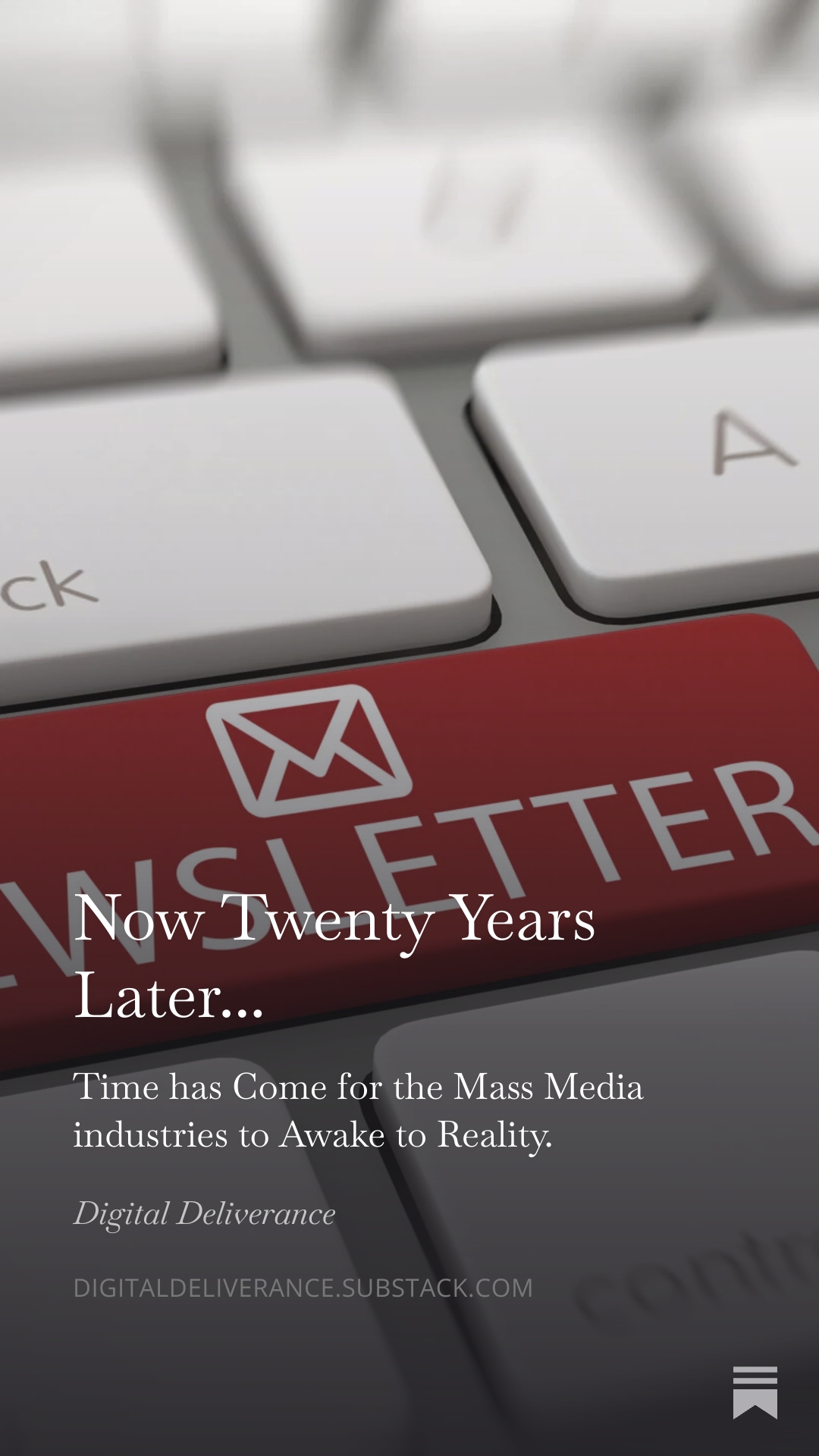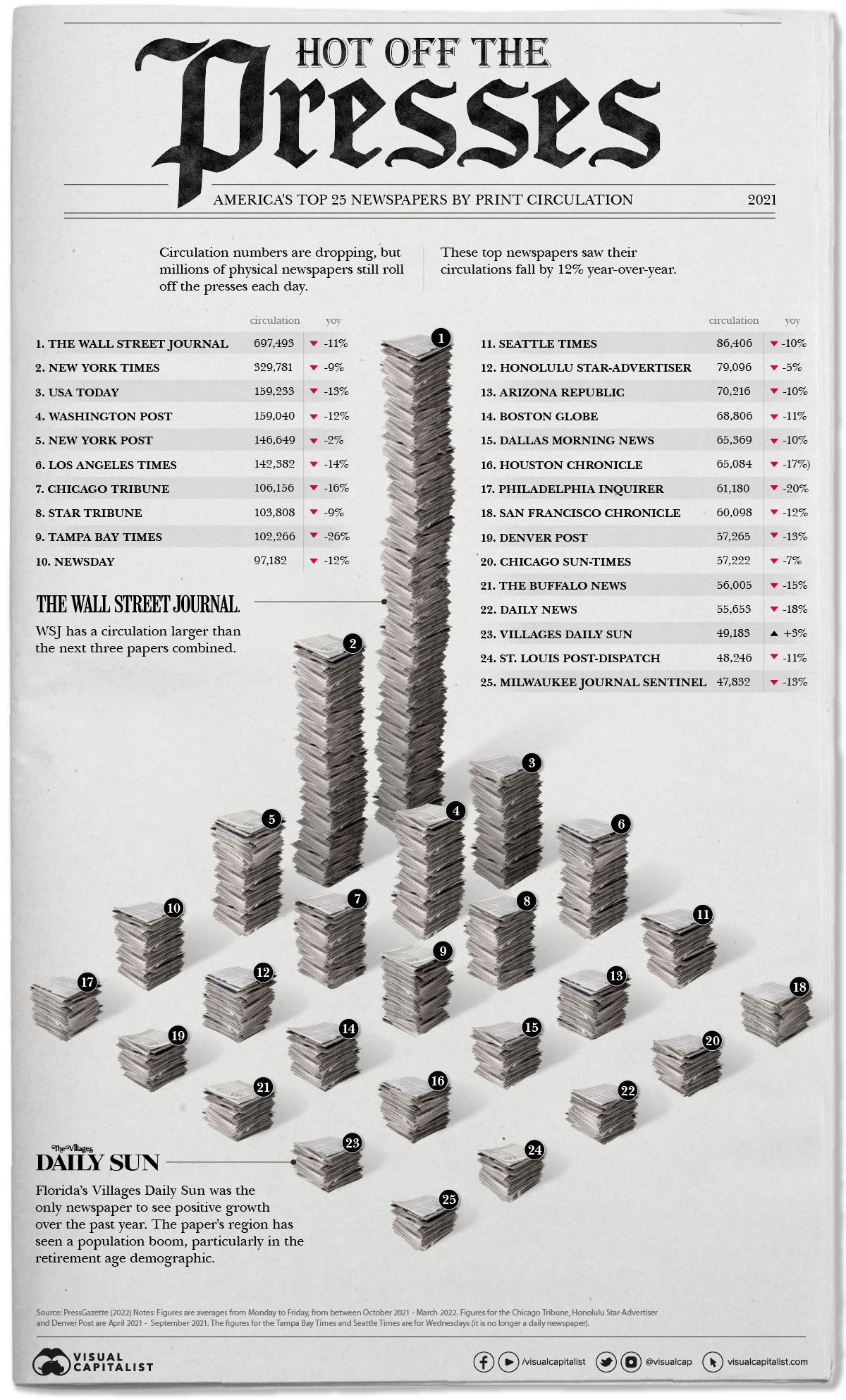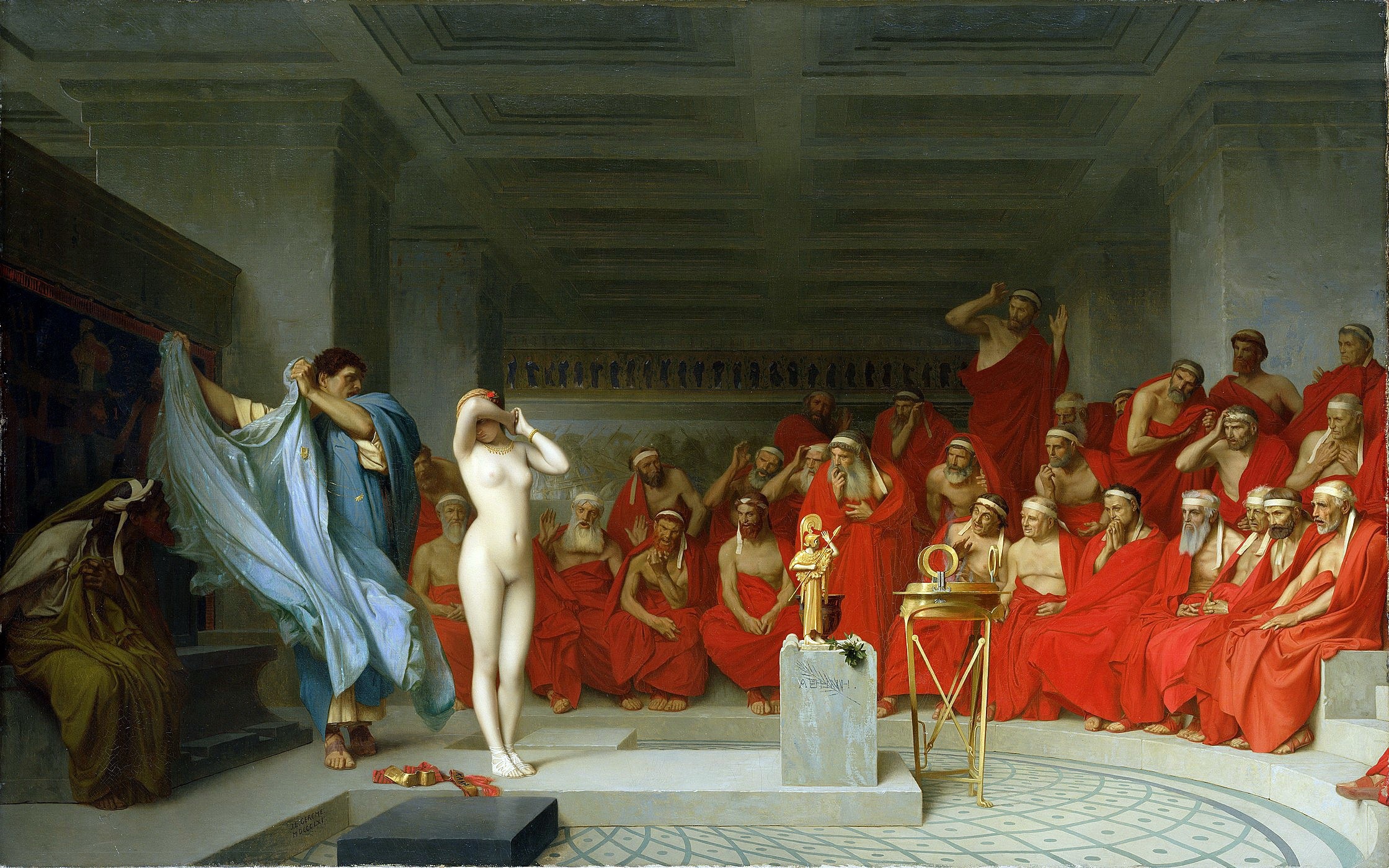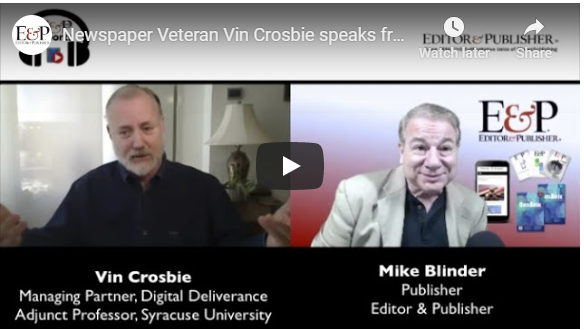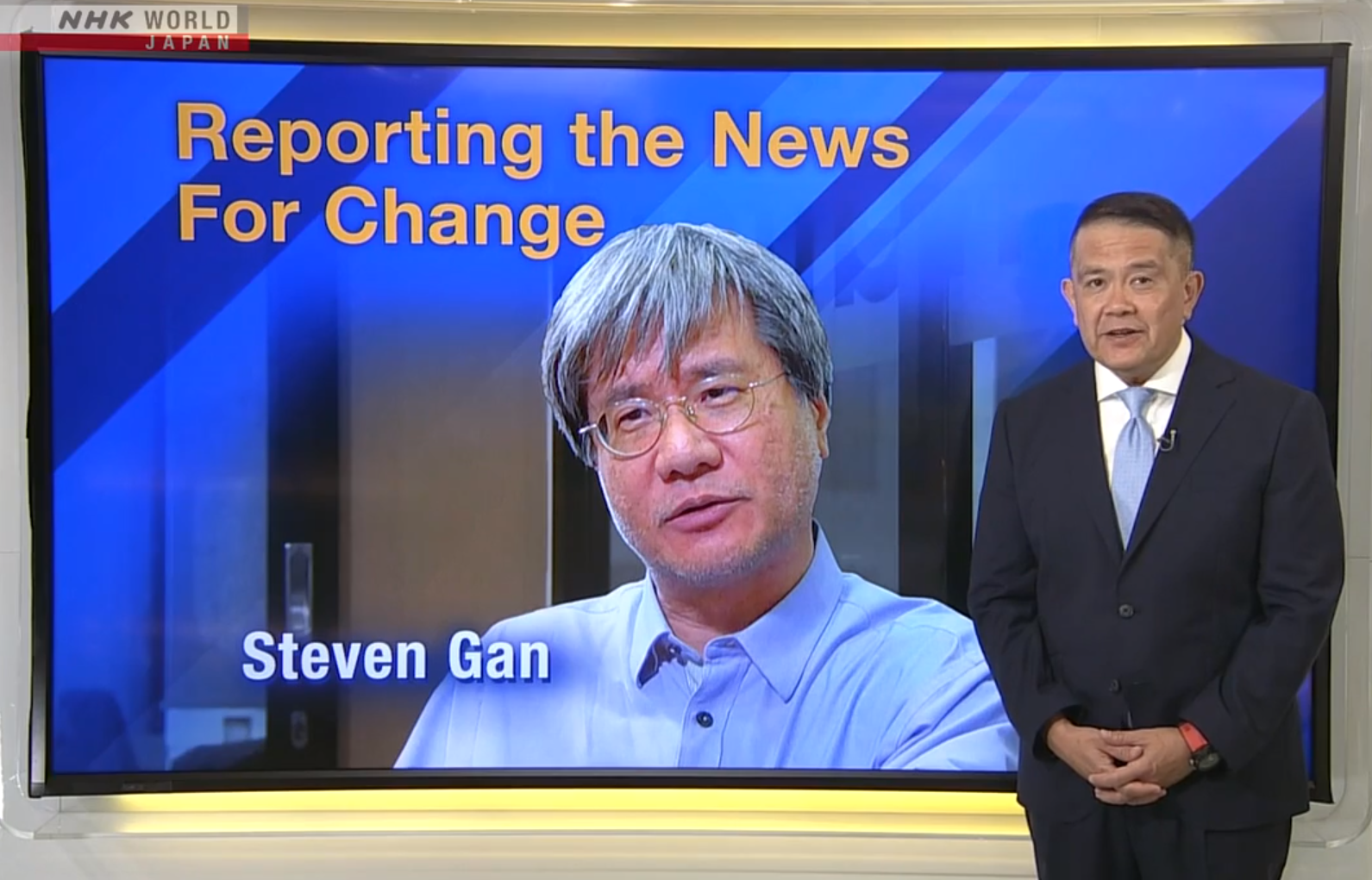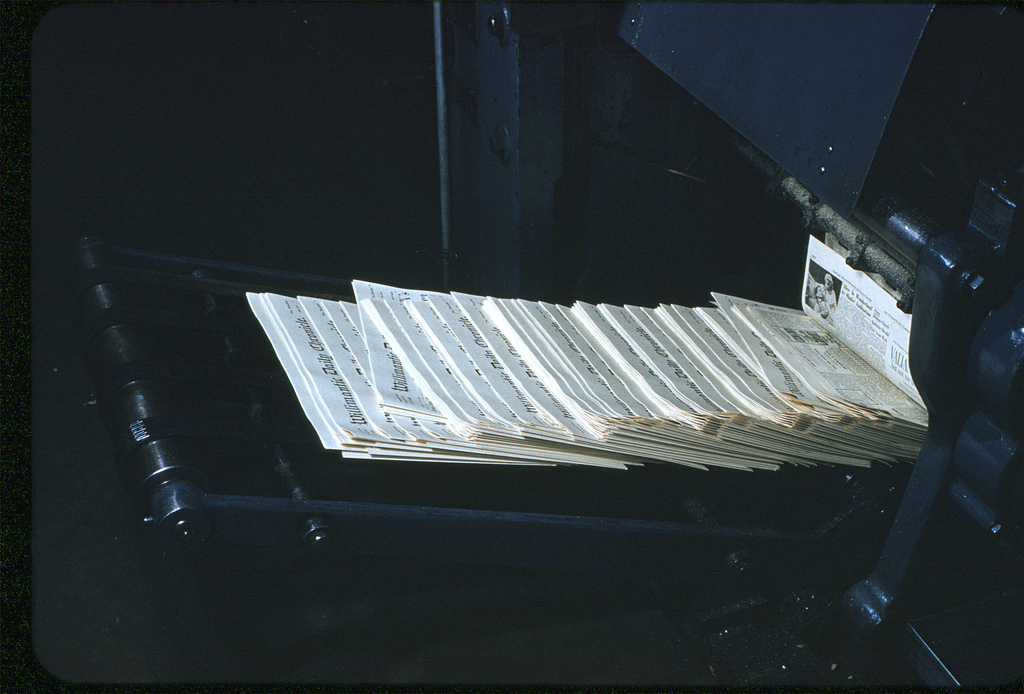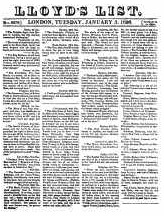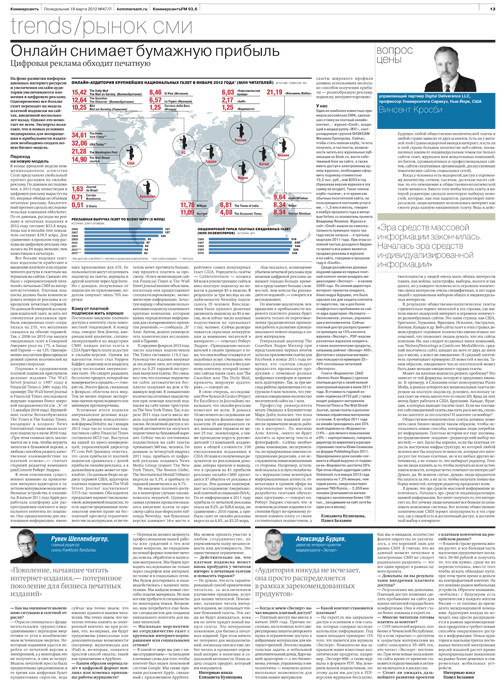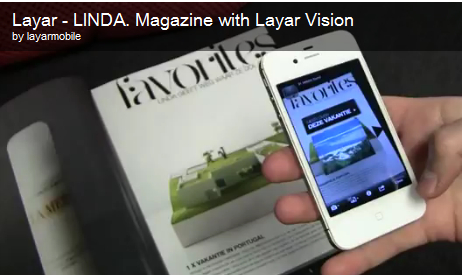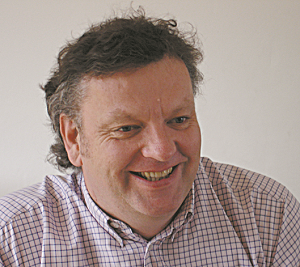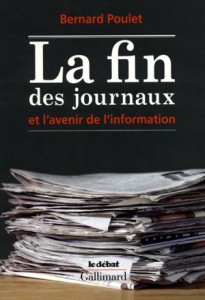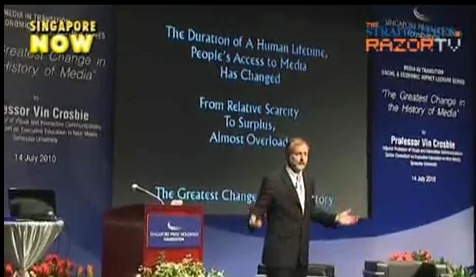The Time for the Mass Media Industries to Awake to Reality More than 20 years ago, the Mass Media industries myopically and thus catastrophically bet their future on the wrong path adapting to personal computer-mediated technologies. Subscribe to the Digital Deliverance newsletter…
I’m pleased to have been invited by the Scientific Committee of the World Media Economics and Management Conference to present my latest paper at WMEMC’s next biennial meeting this May in Seoul, South Korea.
A graphic illustration from VisualCapitalist.com shows the dire situation of U.S. daily newspapers.
Reality is that the world’s newspaper industry, indeed all of the Industrial Era’s legacy industries that are colloquially referred to as the Mass Media, have ultimately failed to adapt to the New Media environment, despite more than 25 years of endeavors, to…
As the Informational Era era and its Individuated Media supersedes the Industrial Era, the latter’s centuries-old forms of media industries (colloquially known as ‘Mass Media’) continue to implode. The remnants of the what used to be known as the Newspaper Association of America absorbs the U.S. Magazine Publishers Association.
As the Industrial Era wanes and the Informational Era dawns, the focus of my consulting and career has changed from Mass Media to Individuated Media. If you don’t know what the latter are, read this.
The world’s media industries are more than a decade overdue to face, acknowledge, and act upon these nine bare facts about the epochal transformation of the media environment as the Industrial Era ends and the Information Era begins..
The U.S. newspaper industry’s trade journal interviews Vin Crosbie about that industry’s bright past and dim future.
Computer mediation means mediation, not simply electronic delivery. It means sorting and processing information on massive scales, which is what computerized technologies do best. They can sort, process, and deliver an individualized (i..e, individuated) supply of news to fit each individual consumer’s unique mix of needs, interests, and tastes. Computer-mediated technologies do this algorithmically. Computer-mediation is the hallmark of the dawning Informational Era. It makes no sense for legacy media industries not to embrace, adopt, and utilize these historically newfound capabilities. To use computer-media technologies merely as a means of electronic delivery is akin to using horses to pull an automobile along a paved road: a myopic misuse of capabilities.
Any technologies that can supply a consumer with the most precise mix of stories that match his own individual needs, interests, beliefs, and tastes, will triumph over technologies less precise. That is the reason why Google and other information search engines, why Facebook and other social media services, and why topical or ‘niche’ services that offer individuated feeds of music or other genres of information, have become so explosively successful during the past 20 years. Although they were not initial designed to provide consumers with individuated feeds of news, their computer-mediated algorithmic software can do so, as literally billions of consumers have discovered. This is why consumers now use such computer-mediated Individuated Media services as their predominant means by which they obtain news, entertainment, and other information, to the grave distress of legacy media industries that failed to adopt such technologies. That is how daily newspapers lost the future.
The financial disaster unforlding for the daily ewspaper industries due to the coronavirus pandemic is a late-stage event in an even greater struggle that has been underway in the media environment for more than 25 years. As the Industrial Era wanes and the Informational Era dawns, the predominant means by which most people under age 40 in developed countries obtain news, entertainment, and other information is now via Individuated Media rather than Mass. Click the headline to read this essay to find out what Individuated Media are and why they are supersededing Mass Media.
NHK, Japan’s national broadcast network, profiles Steven Gan, co-founder and editor-in-chief of Malaysiakini.com (‘Malaysia Today’), Malaysia’s only independent, uncensored news outlet. The 20-year old website is an excellent business model for sustainable journalism in countries arising from repressive regimes
I’m gratified that references to my 1998 essay, ‘What Is “New Media”‘, are increasingly appearing in academic papers. Examples: Study on Communication Ethics Relationship based on New Media Environment. by Zhi Li of Zhejiang University and Yueming Ge of Zhejiang Fashion Institute of Technology in China,…
Although the folk tale of Hane Pene [Danish: ‘Rooster Pene’) was originally Scandinavian, I tend to think of it as American whenever North Americans talk about forms of Artificial Intelligence (AI). The Dane. Just Mathias Thiele in 1823 published one of the…
I’m shocked by news that Matthew Buckland, Africa’s leading expert about New Media, died today after a short battle with an apparently fast-acting cancer. Shocked because during May in Cape Town, when I last saw Matt, he apologized because his speech to…
At the turn of the millennia, Digital Deliverance LLC began publishing a paid-subscription printed newsletter (the recession later killed it). In retrospect, we can state it used a media business model of the waning Industrial Era to provide advice about the…
I’ve worked in the daily newspaper industry most of my life. I am the fifth generation of my family in that business; we published a daily paper for 140 years. I teach postgraduate New Media Management at one of the major…
In 1993, after two decades working for newspapers’ print editions and for two of the world’s major international news services, I switched the focus of my career to working full-time on journalism’s transition from print and terrestrial or cable and satellite broadcasting…
With nostalgia and some sadness, my family today announced that after 140 years, it’s leaving the newspaper business on May 1st. The daily Chronicle of Willimantic, Connecticut, founded by my step-great-great-grandfather John A. MacDonald in 1877, will be sold at the end…
Today is Digital Deliverance Managing Partner Vin Crosbie‘s 59th birthday, which means the start of his 60th year (which he will complete a year from today). ‡ What happens when applied Social Media conflicts with existing laws? This month, the New York State…
The world’s longest-published newspaper will become a non-printed, totally online service nine weeks from now. On 20 December, Lloyd’s List, which has been continuously published since 1734, will no longer be available in print. It’s online edition for the Web have has…
Kommersant of Moscow interviews Vin Crosbie about the future of the world’s printed newspaper industry . (Google English translation)
For the past four years, I’ve been teaching a New Media Business for media course at Syracuse University’s S.I. Newhouse School of Public Communications. It was originally open just to postgraduate students, but a few years ago we opened it to select…
We’re generally not a company that emphasizes a continuing role for paper (as opposed to epaper) in the future, but we are enthusiastic about some of the Augmented Reality mobile phone applications being developed by the Dutch company Layar for use with…
One of the few people whose New Media work I loyally follow is the British web publishing pioneer Danny Meadows-Klue. I first met Klue during the mid-1990s when he was online publisher of The Daily Telegraph (www.telegraph.co.uk). Since that job, he has co-founded the…
[34-minute PowerPoint video of keynote speech opening the fifth annual Personalize MEdia Conference (formerly Individuated Media conferences), Boulder, Colorado. June 20, 2011. How traditional media companies have gone astray by misperceiving consumers’ switch from analog to digital formats to be the greatest trend…
Jim Chisholm, the world’s expert about newspaper operations, tells why newspapers charging for their websites are self-destructive.
Whenever anyone from the traditional media industries writes, blogs, or tweets about Social Media, they miss the point. I find this so exasperating that I want to stab them with the point. Here is my thrust: When newspaper, magazine, radio, and television…
How the Apple iPad makes the placebo of convergence easier for newspaper executives to swallow.
Recommending the French book, La Fin des Journaux et l’avenir de l’information (The End of Newspapers and the Future of Information).
Here are some savvy articles about how media is changing, will change radically, and why its companies might not be adapting to change.
TV news coverage of the third annual Media Lecture, delivered by Prof. Vin Crosbie on July 14, 2010, at the Drama Center of the National Library of Singapore.
A placebo called the convergence strategy has been willingly swallowed by most media companies and the media industries.
We live amid the greatest change in the history of media. Most media executives fail to recognize it and mistake its traits as the change itself.
I’ve overwhelmingly tempted to quote words written for the Michael Corleone character by Mario Puzo and Francis Ford Coppola in their 1990 movie and novel The Godfather III: “Just when I thought I was out… they pull me back in.” Except that I’m…
The San Francisco Chronicle’s decision to cut 100 of its 400 newsroom jobs is an act of suicide.
Today in Ad Age, Steve Rubell of Edelman’s Me2Revolution public relations practice and Micropersuation, takes newspapers to task for not adopting ‘Web 2.0’ collaboratation techniques. To thrive in the future, the newspaper will need to use the web to turn itself into…
Consumers will soon be able to buy songs as they listen to them on digital radio in the United Kingdom; the Internet’s market share of advertising in the U.K. reached 7.2 percent; New Yorker writer Malcolm Gladwell confuses the U.S. newspaper industry with the airline industry; Slates Jack Shafer writes about The Incredible Shrinking Newspaper (Companies); and El Pais launches editions for Sony’s Playstation Portable devices.
Pointers to stories about Reuters’ deal with Global Voices; PBS MarketShift’s interview with I Want Media Publisher & Editor Patrick Phillips; Brier Dudley’s apt Incan analogy; B-to-B publishers wrestling with change; and the site on which publishers and broadcasters can register their mobile phone services’ short codes.
Gibran Tueni, 48, publisher of al-Nahar daily newspaper, member of the Lebanese parliament, and the World Association of Newspaper’s board member for Middle East Affairs, was assassinated this morning in Beirut. An outspoken editorialist against Syrian involvement in his country, he had…
Less isn’t more. Forcing people to register to read newspaper Web sites that simply shovel online generic content from printed editions will only diminish the number of people who will use those sites in an era when diminishing readership should be the…
